
Changing focus: The Free Library as a public service
Siobhan Reardon, reaching her 10th year as president and director of the Free Library of Philadelphia, believes that the city’s public libraries should make…
President and Director of the Free Library of Philadelphia Siobhan Reardon never saw herself being a librarian, let alone running a large, urban library system for a city with over half a million functionally illiterate adults.
After leaving the corporate world as a finance and budget analyst, Reardon worked for New York Public Libraries, oversaw Westchester County Libraries and now has over 30 years of experience in the field. She became the first woman president for the Free Library system when she took the position 10 years ago and has prioritized programming improvements to enhance the Library’s role in the daily lives of Philadelphians.
Most notably, Reardon started the 21st Century Libraries Initiative - a $40 million renovation and modernization project funded with 75 percent private donations - which aims to increase literacy and update community libraries to specifically meet the needs of their immediate neighborhoods. The initiative has led to changes in how the public library serves residents, establishing more social services for constituents who need it and specializing programs to assist the underserved.
The project, which has reconstructed four community libraries, is working on renovations of the Parkway Central Library. The initiative has installed “hotspots” at its locations and the Philadelphia International Airport for high-speed Internet browsing, promoting digital literacy.
Reardon came to the AL DÍA Newsroom on July 12 to discuss the changing role that the Free Library of Philadelphia has in relation to the city’s people.
(This conversation has been edited for clarity and brevity.)
It’s more about understanding that we’re a profession about people and not about stuff. The books and videos and computers, they’re all great tools to learning and to access, but the primary relationship has to be between the staff that we hire and where we go to reach the community.
We know that in most of our neighborhoods, 42 of our 55 facilities are in some way, shape, or form working in communities where there’s some level of economic distress or illiteracy, or both.
Our staff is supported by, now, the Center for Public Life (though the name may change), a new unit of the Free Library of Philadelphia based on improving the quality of programming for adults throughout the city. Whether you’re at Parkway Central or the neighborhood branches, you’re going to get the same quality of programming that you get system-wide.
The programming that we’re looking at now is a lot about civic engagement and understanding you and your relationship to the City of Philadelphia, your relationship to other Philadelphians, your relationship to whatever. It’s building that ability to have a conversation around things that are difficult, which we don’t do well.
The Free Library of Philadelphia totally missed the boat on providing good, civic engagement around elections. We left it to the League of Women Voters or Committee of Seventy, perfectly great, but where was the Library in these 55 communities having the conversation about who is running? Why are they running? What are the things I need to know? What are my rights and where do I vote?... All of the connectedness that needs to be part of the life of the community.
We have to really understand who’s in the community, and that’s why there are now nine community organizers working with us in our nine clusters. We are organized differently now - we have nine clusters around city. There aren’t other libraries in the country that have community organizers. There are many libraries, though, that now have social workers on staff. We have two; we will hire more going long-term.
Our librarians aren’t necessarily trained to handle some of the difficult issues some of our constituents bring. Rather than pretend we know how to be all things to all people, let’s bring in the strength of the people who actually know how to deal with somebody who is in an emotional crisis at the moment. That has worked absolutely fabulously when we bring in the social worker to step in and pull the person away. Oftentimes, they’re able to talk that individual off the edge and help move them into services. We need to do that more broadly.
One of the things for years library professionals have resisted is that the library in some way, shape, or form is a social service agency. I think it has now come to the point where we can’t fight it anymore. We’re cooling centers, we have community organizers, we have advocates, we have early-childhood learning specialists, we now provide services to the prisons and help connect family with the parent or caregiver inside.
These are unusual roles for us, but they’re roles that we can’t avoid. We have to go where we’ve been afraid to go for years and I think that’s been part of the success of the movement and motion around the library system being far more accessible, in a way that was not traditional for us.
It’s the largest growing population in the City of Philadelphia, what we refer to as “new Americans” or the immigrant community. They are in our spaces. They are coming to the library, they are getting on the computer. It’s really interesting depending on where you are in the city, so if you’re coming from the Asian countries like Cambodia or Thailand, these folks are not typically accustomed to the services, availability and confidentiality we give you as a constituent of our services. We have to slowly introduce ourselves and introduce that constituent into understanding that we’re going to protect your searches; we’re going to protect your requests.
I would love to see more Hispanic participation, whether it’s friend groups in our neighborhood libraries - that’s the most important, local connection I can think about. Also, are there groups that are willing to hold programs in our neighborhood libraries? Whether it’s an artistic program, English as a second language, teaching English-speakers Spanish. People just don’t see that there’s give and take, and the space belongs to the public. It doesn’t belong to anybody else but the public. I do think there’s a reluctance to get involved, and I’m not quite sure what that is.
The Culinary Literacy Center at Parkway Central Library
People love to cook. They have to cook. So, it’s nominal learning, it’s mathematics, it’s physics, it’s connected to other people - a room full of 36 people whose literacy levels are either similar or different. We run what’s called Edible Alphabet, an English as a second language program.
RELATED CONTENT
Whether they’re refugees or new Americans, they’re coming in and learning their English language using that cooking, using recipes from their culture and sharing it with other people. But they have to use English. They’re translating what was significant about that recipe to other people who don’t know anything about them or their language or their culture.
Business Resource and Innovation Center (BRIC)
So many people are looking to begin a new small, entrepreneurial type of business. The librarian sits and interviews this person, and tries to understand where in the literacy spectrum they are. If they’re already competent in math, English, that sort of thing, we’re going to move them onto business development and marketing classes. If somebody needs more support, we’re going to push them to wrap around services via the mayor’s office of adult literacy so they can build their English language and math skills.
In the case of the Tacony Library, a brand new renovated library, it’s part of a CDC [Community Development Corporation]. The Tacony CDC has its office in the renovated building and together we have created a business learning center there. The Tacony CDC actually does most of the classes, so that’s that partnership piece of it we’re trying to develop in a much more significant way as part of our strategy for the next three years. The Tacony CDC, in addition to our own BRIC staff here at Parkway Central, will go out and produce programs in that neighborhood library. It’s all about participating with the city, and helping grow Torresdale Avenue as a vibrant business district.
Lillian Marrero Library, immigrant services
Lillian Marrero, which is on 6th and Lehigh, its focus is on new Americans and early childhood literacy. We have two community organizers who really work directly with the community in creating a relationship between a community which didn’t typically use us, and coming in to understand that the library is a space and a place that’s for them.
It became particularly acute after Hurricane Maria this past fall, quite a number of Puerto Rican families came and were living in this area. The community organizers pulled together [Federal Emergency Management Agency] FEMA and another city agency; they took training in order to help these refugees, really, learn how to get FEMA and insurance services. For weeks and weeks and weeks, every Saturday we were training these refugees on how to go about getting services they needed to rebuild their lives back in Puerto Rico.
It’s that “introducing the community organizer” aspect to all of this, because that hyperlocal importance and significance doesn’t happen unless you’re well-known in the community and well-trusted.
Irrespective of the size, you’re still going to deal with the challenges of the people around you. One of the things that public libraries have to be intimately aware of is the community which you serve. The big shift for us lately, over the 10 years that I’ve been here, has been for us to get out from behind the desk and get out into community because people don’t come into libraries necessarily asking a reference question.
All of that conversation around community and civic engagement has to come because we now need to be a bit more mayoral-like in introducing ourselves and presenting our programs in a much more ubiquitous nature, but much more noisy and much more forward than we’re typically used to. Typical programs for us now are going to focus on family literacy like the Read by Fourth initiative.
I think the number is just over 40 percent of children that are reading on grade level, which is a very bad number, not atypical of a big, old, urban center like Philadelphia. We’re one of the few cities that has really taken this on. It’s owned by the library as the backbone of this initiative. We have 106 partners working with us to ensure that segments of the Read by Fourth initiative, whether it’s family learning, school attendance, or teacher education.
This is a city that has more than half a million people over the age of 18 that are functionally illiterate. That’s an enormous number in a big city like this. All of our programming now is about that number. When we created the Culinary Literacy Center, it was that number we had in mind to say, “We have got to get at this illiteracy issue. We’ve got to come about it in very a-traditional methods.”



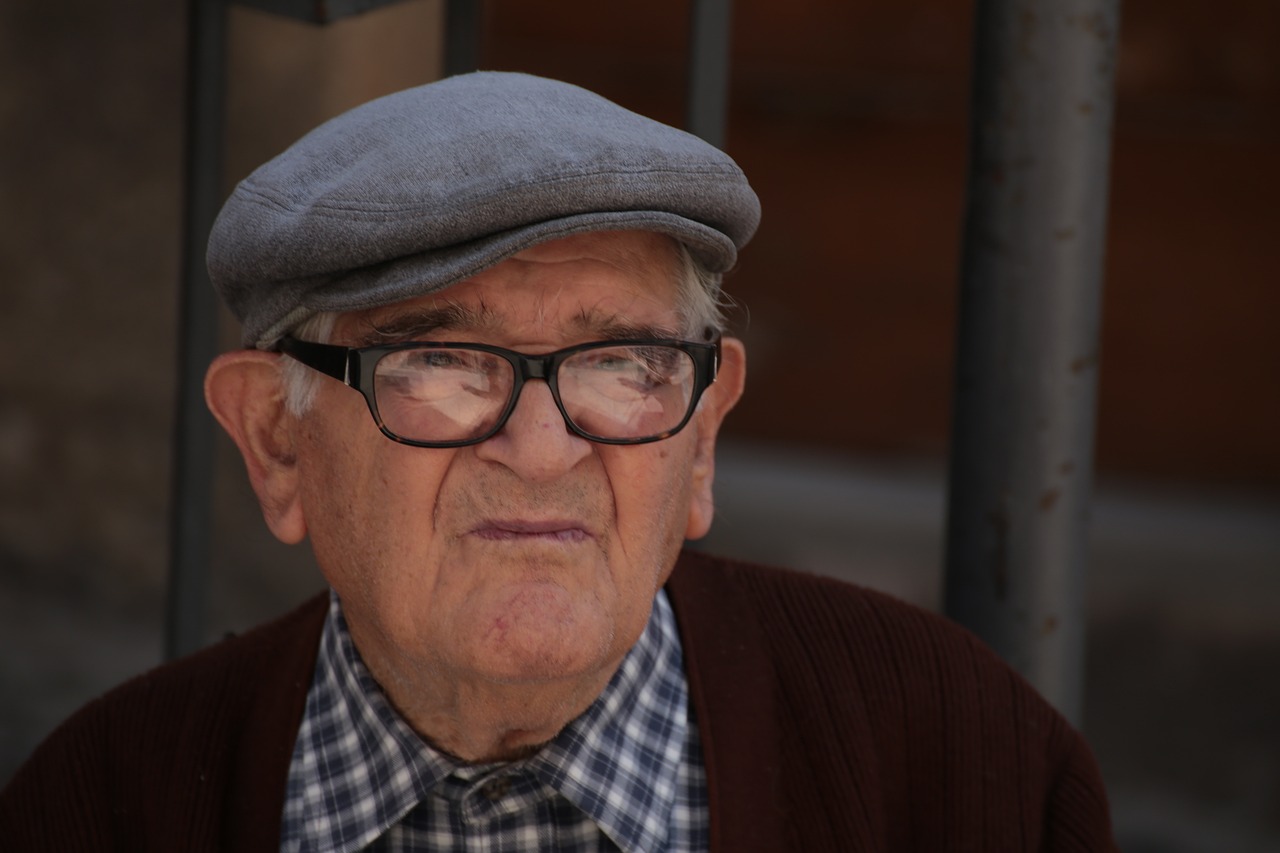
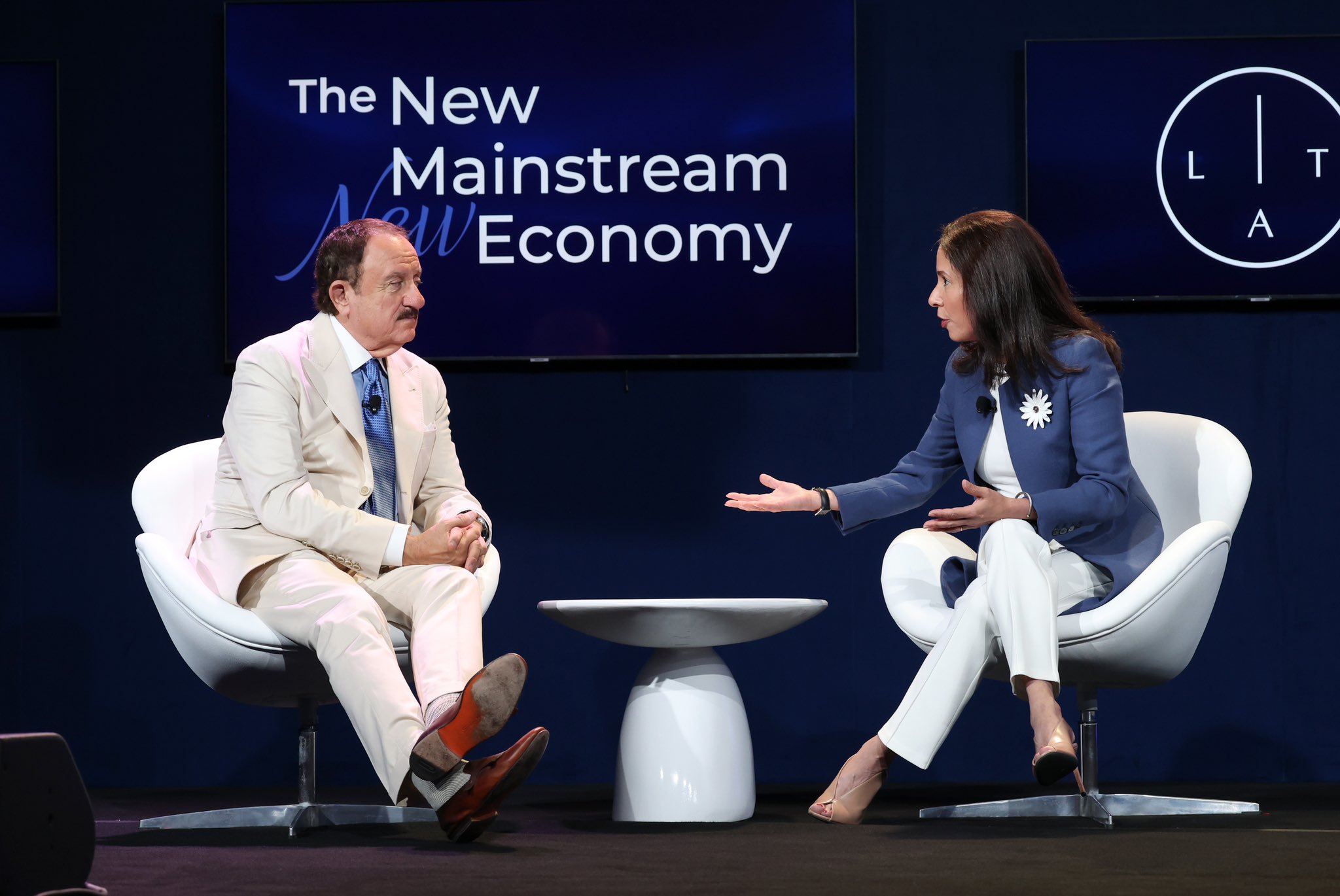

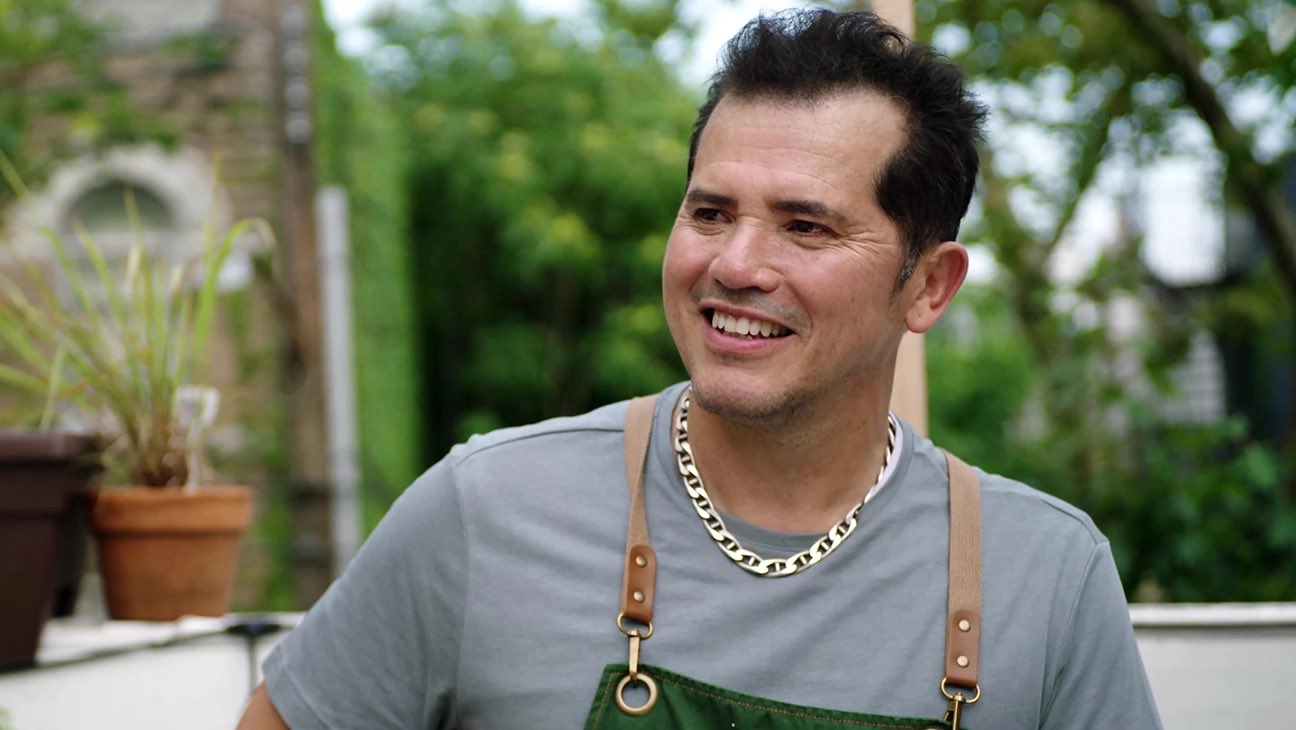
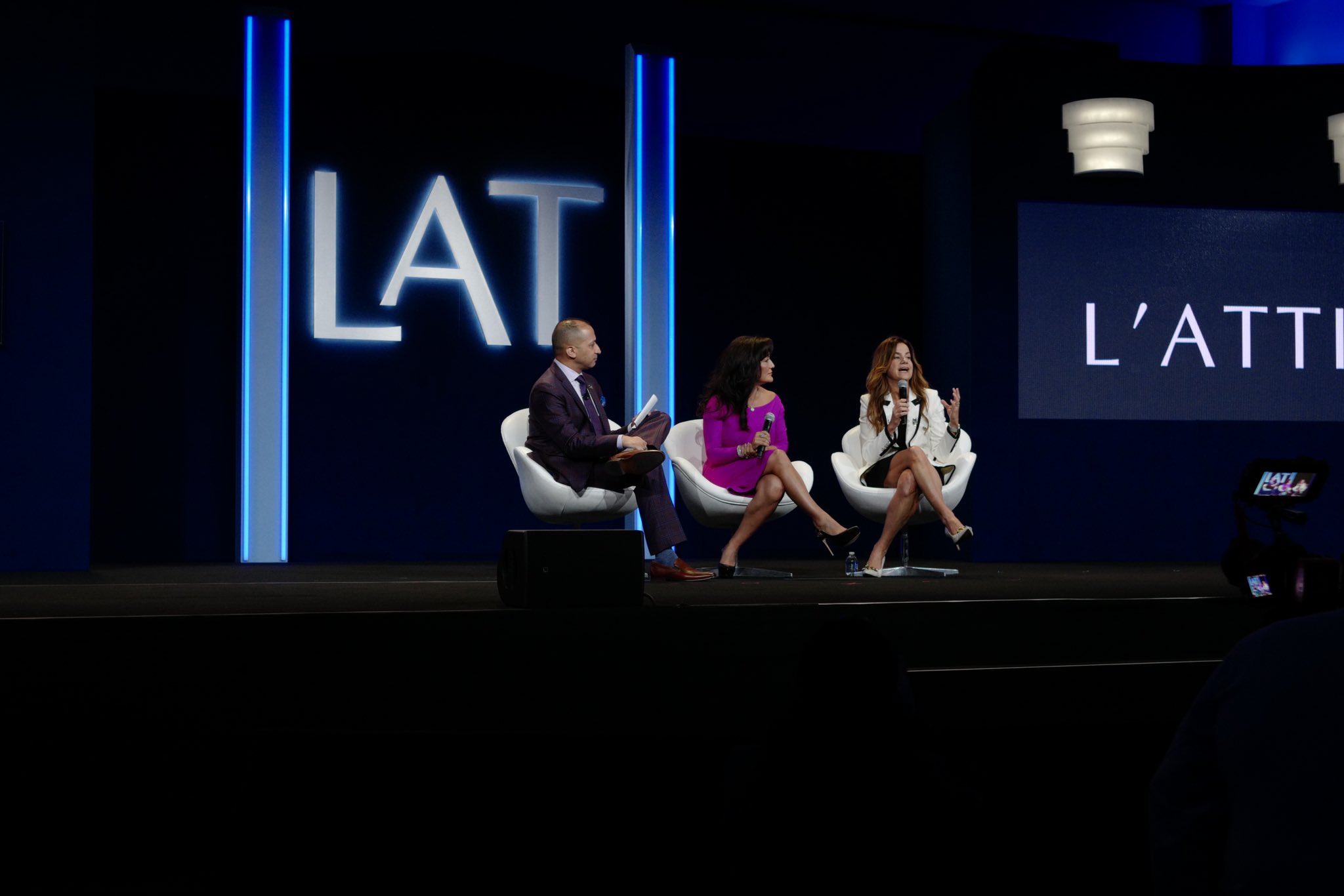
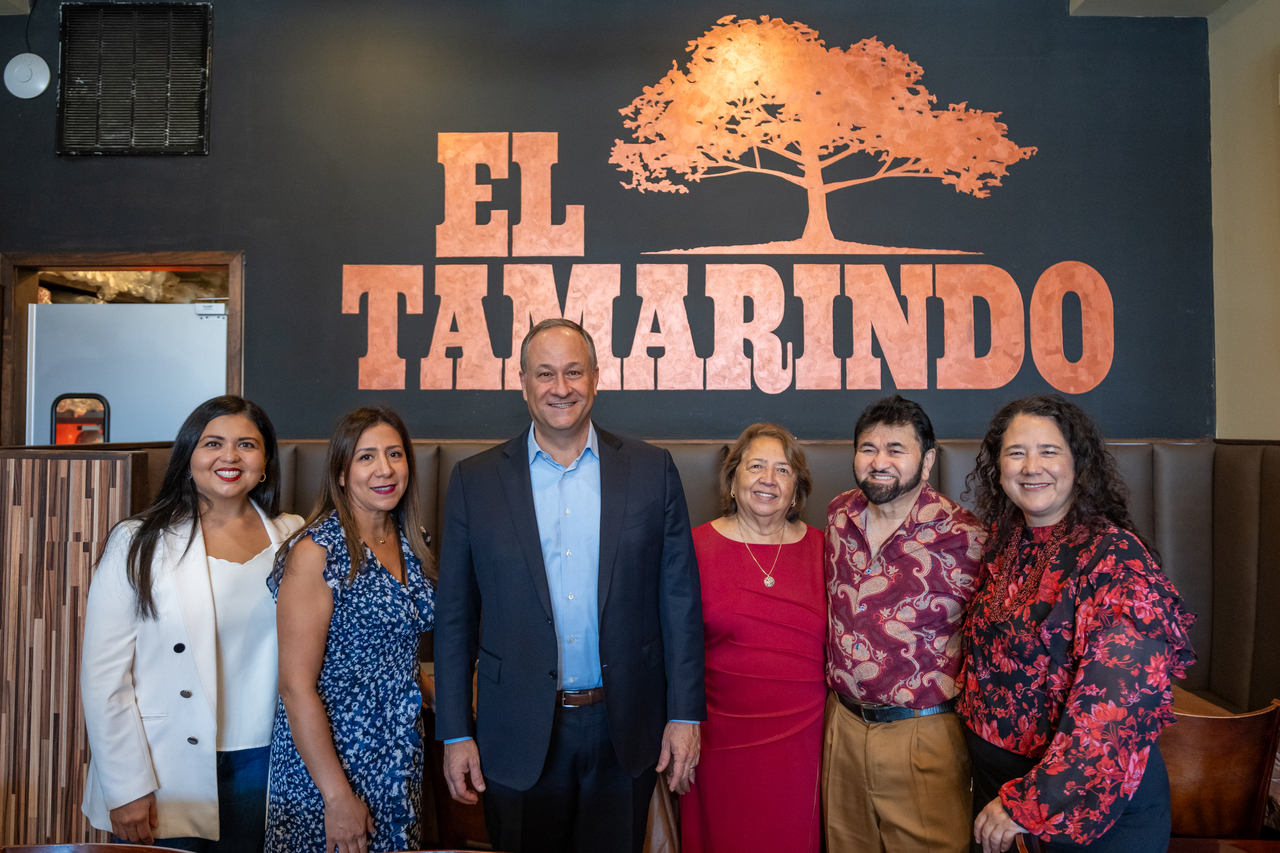
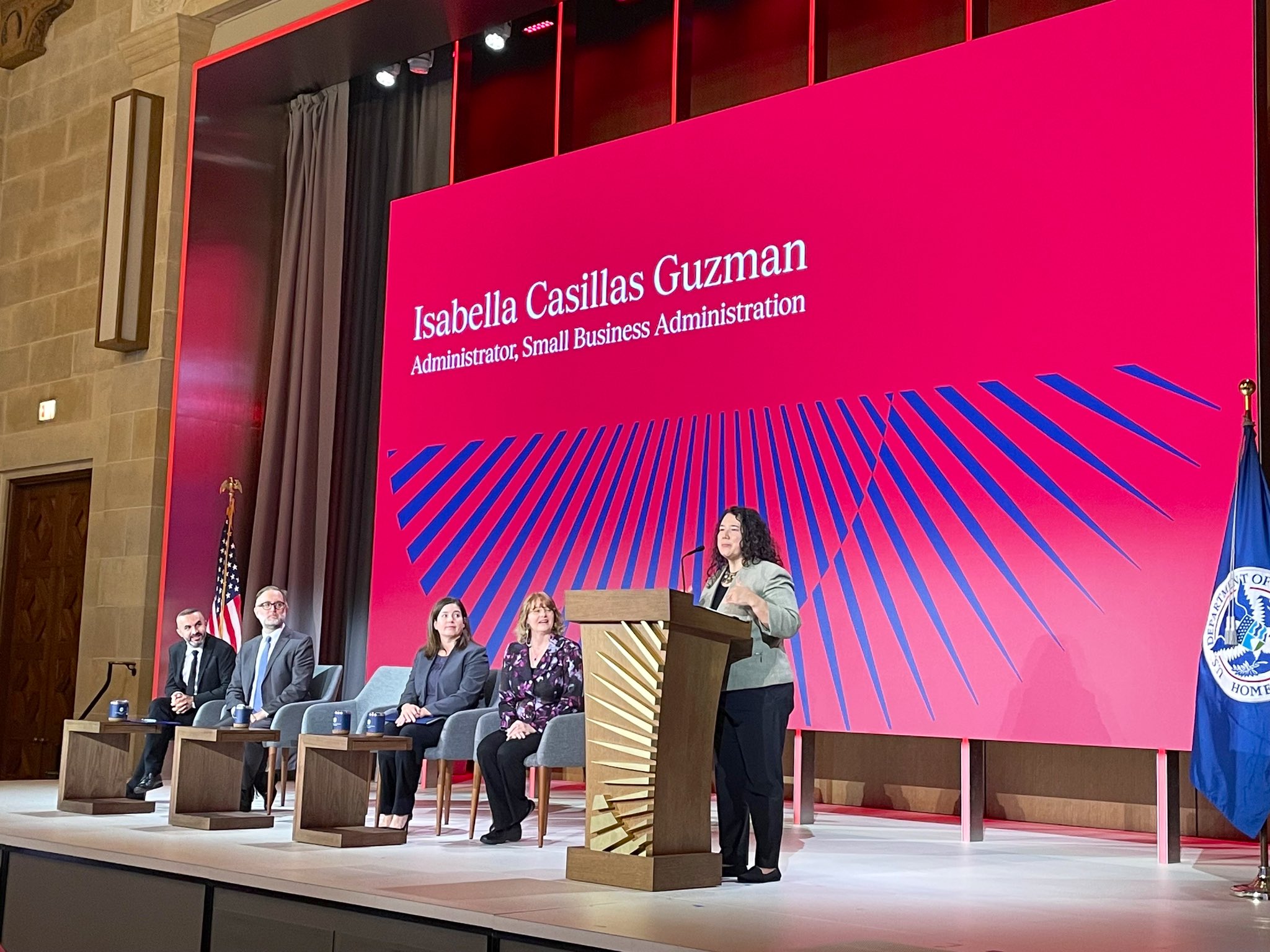
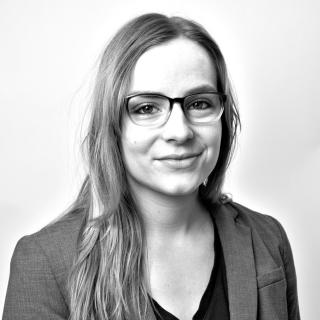
LEAVE A COMMENT:
Join the discussion! Leave a comment.